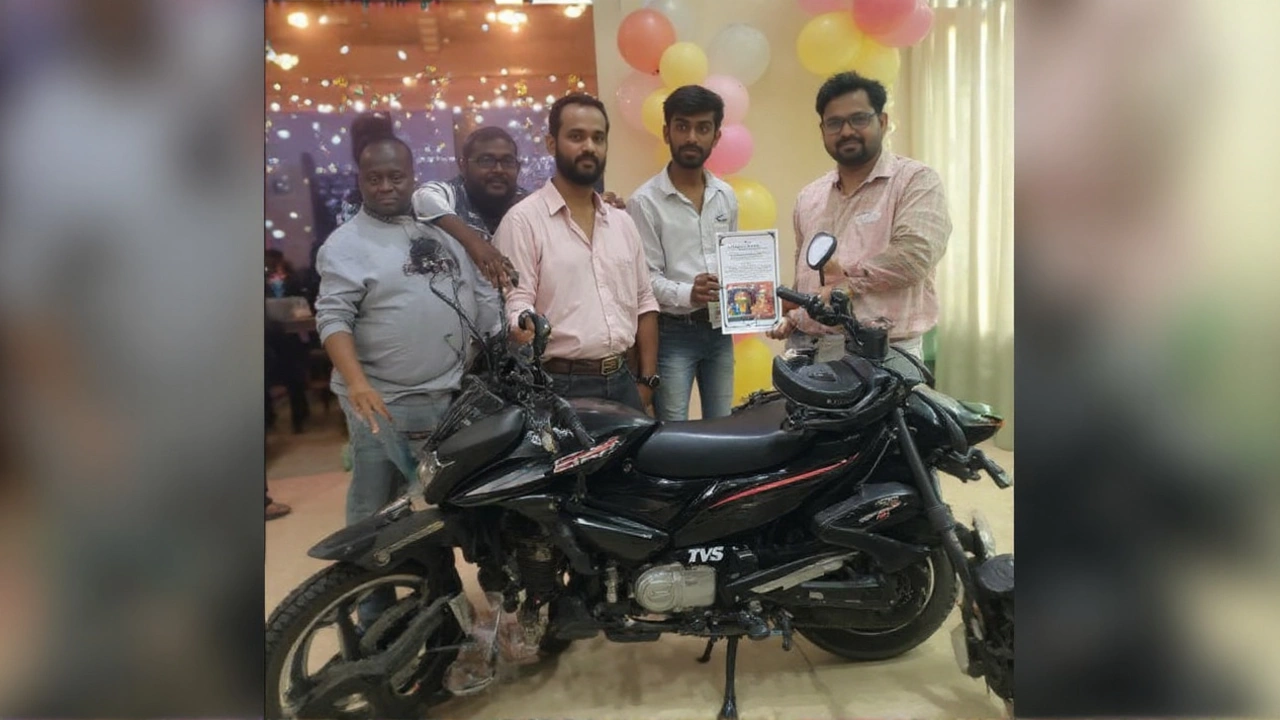Housing Allocation Made Simple: Your Practical Guide
Ever wondered how those government housing units get assigned? You’re not alone. Millions of people chase the same promise of an affordable home, but the process isn’t as mysterious as it seems. In this guide I break down the whole thing – from who runs the scheme to the exact papers you need – so you can move from confusion to confidence in just a few clicks.
Eligibility & Required Documents
The first hurdle is proving you qualify. Most Indian housing schemes look at income, family size, and whether you own land or a house already. Usually the cut‑off is an annual family income of under ₹6 lakh, but each state may tweak the number. Keep your latest income tax return, salary slips for the last three months, and a copy of your Aadhaar handy. You’ll also need a recent electricity bill or ration card to prove your current address.
Step‑by‑Step Application Process
1. Register online. Head to the official portal for your state’s housing board. Create an account, fill in basic details, and upload the documents mentioned above. The system will auto‑check for missing files, so you won’t waste time later.
2. Submit the application. After a quick review, hit submit. You’ll receive an application number – treat it like a ticket; you’ll need it to track progress.
3. Verification. A field officer will visit your home to confirm the information. This is the part where a clean, organized set of papers helps the officer finish faster and reduces chances of a re‑visit.
4. Waiting list placement. If you clear verification, you’re placed on a waiting list based on priority points (income, disability, veteran status, etc.). The portal updates your rank in real time, so you can see where you stand.
5. Allotment. When a unit becomes available, the system sends an SMS and email. You’ll have a limited window – often 15 days – to accept the offer, pay the booking amount, and sign the agreement. Miss the deadline and the slot goes to the next eligible family.
Here are a few quick tips that save you headaches: double‑check every document before you upload, keep a digital copy of the receipt for the booking amount, and stay logged in to the portal for updates. If you’re a first‑time applicant, consider getting a trusted friend to sit with you during the verification – a second pair of eyes catches missing slips fast.
Remember, the system rewards transparency. Trying to hide assets or fudge income can lead to disqualification and even legal trouble. Play it straight, follow the timeline, and you’ll increase your odds of getting a home without the guesswork.
Got more questions? Most state housing boards run helplines and FAQ sections. A quick call can clear doubts about document formats or specific income thresholds. Use those resources; they’re there to help you move from “I want a house” to “I have one.”

Prayagraj Housing Lottery: PDA to Allocate 659 Vacant Flats
The Prayagraj Development Authority (PDA) is gearing up for a fresh lottery to distribute 659 vacant flats across its schemes after a well‑received earlier draw. The prior lottery saw 148 applicants vie for 105 units, sparking strong interest especially in Kalindipuram’s Mausam Vihar and Jahnvi Apartment. Vice President Dr. Amit Pal Sharma praised the transparent method and highlighted the demand. PDA’s new round aims to maintain fairness while easing the city’s housing shortage. Applications will open soon, with clear guidelines to ensure an open process.